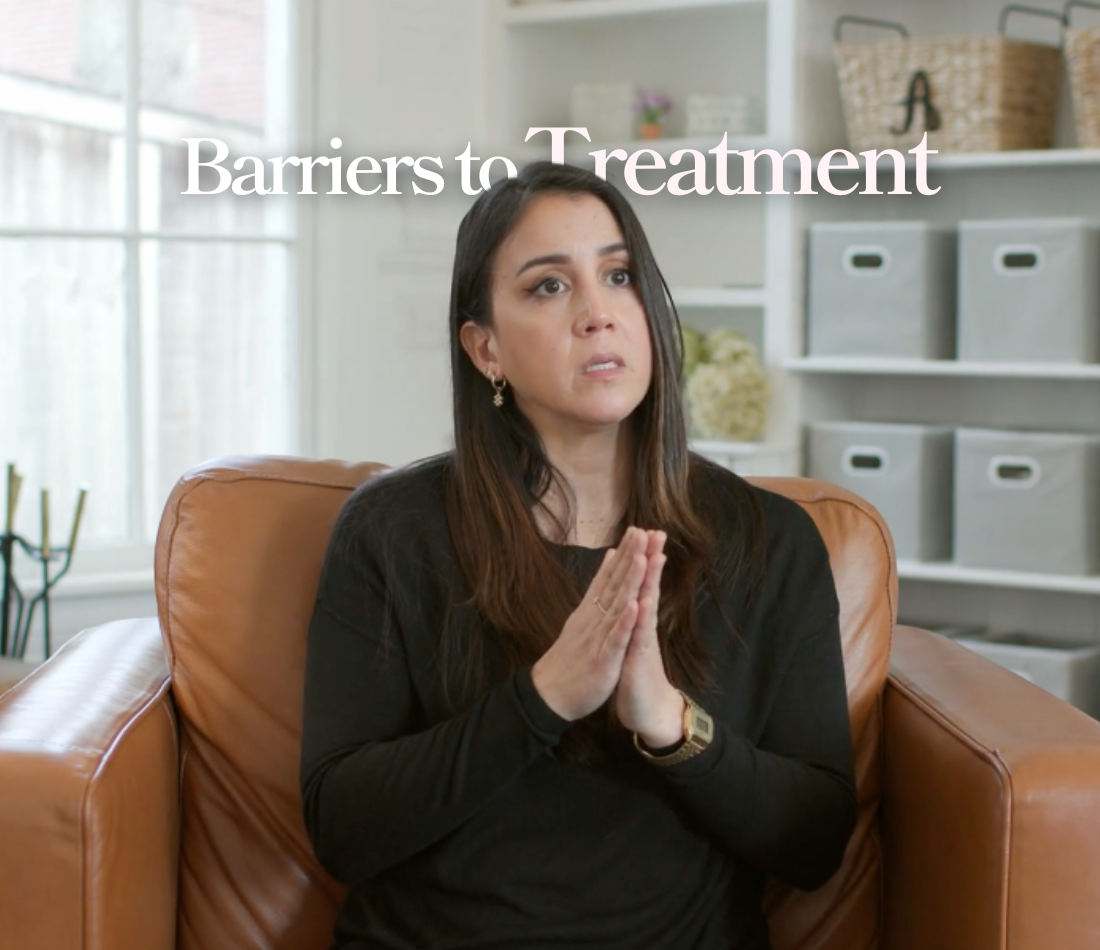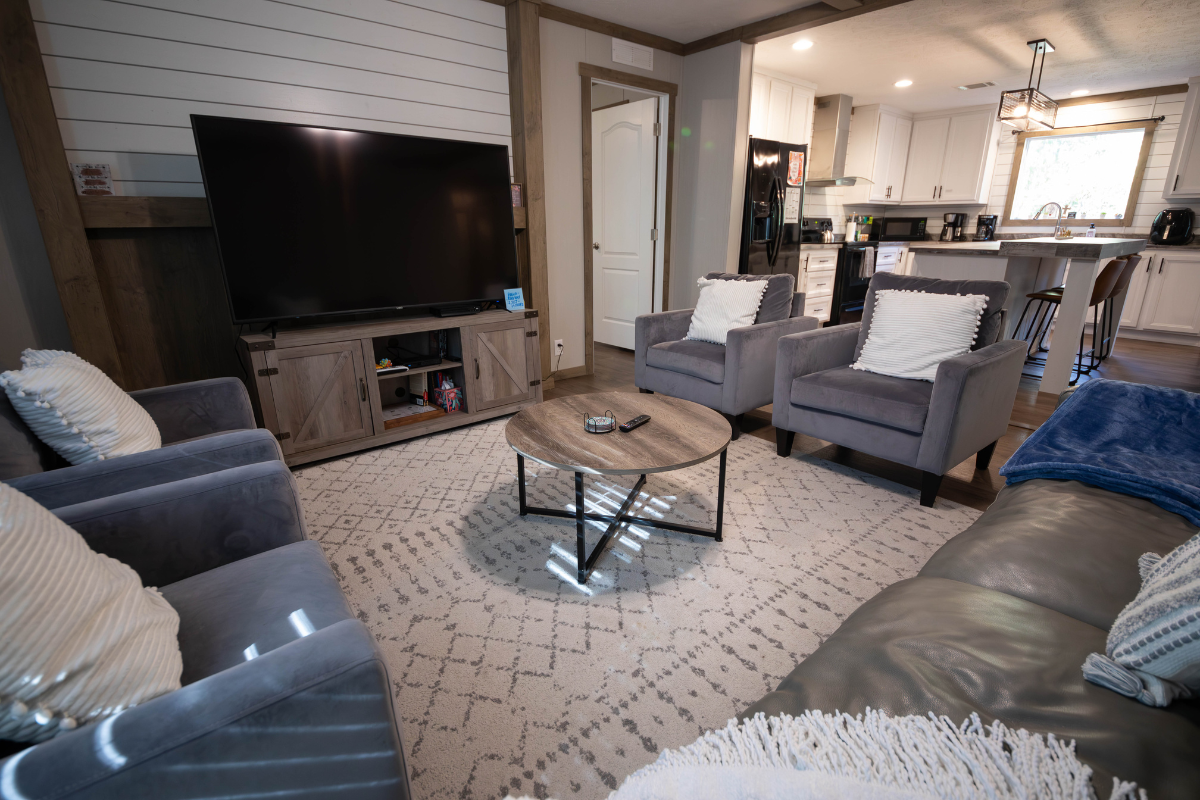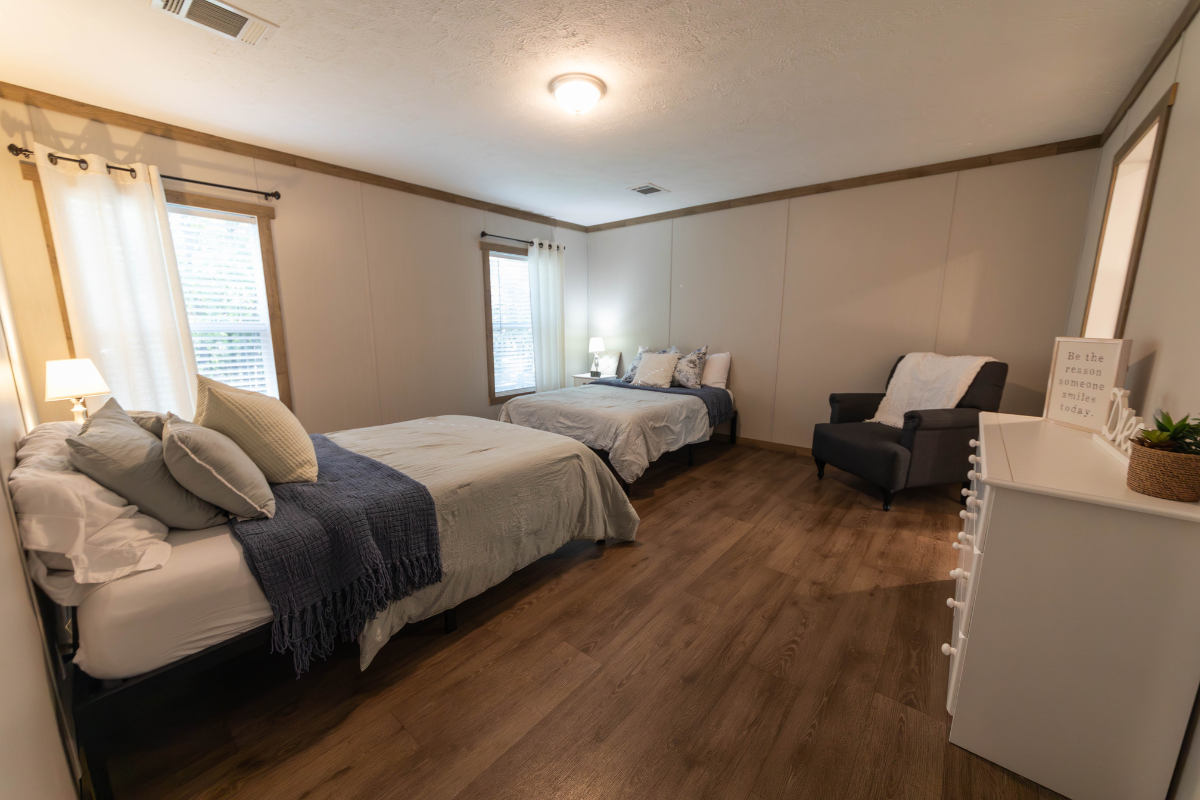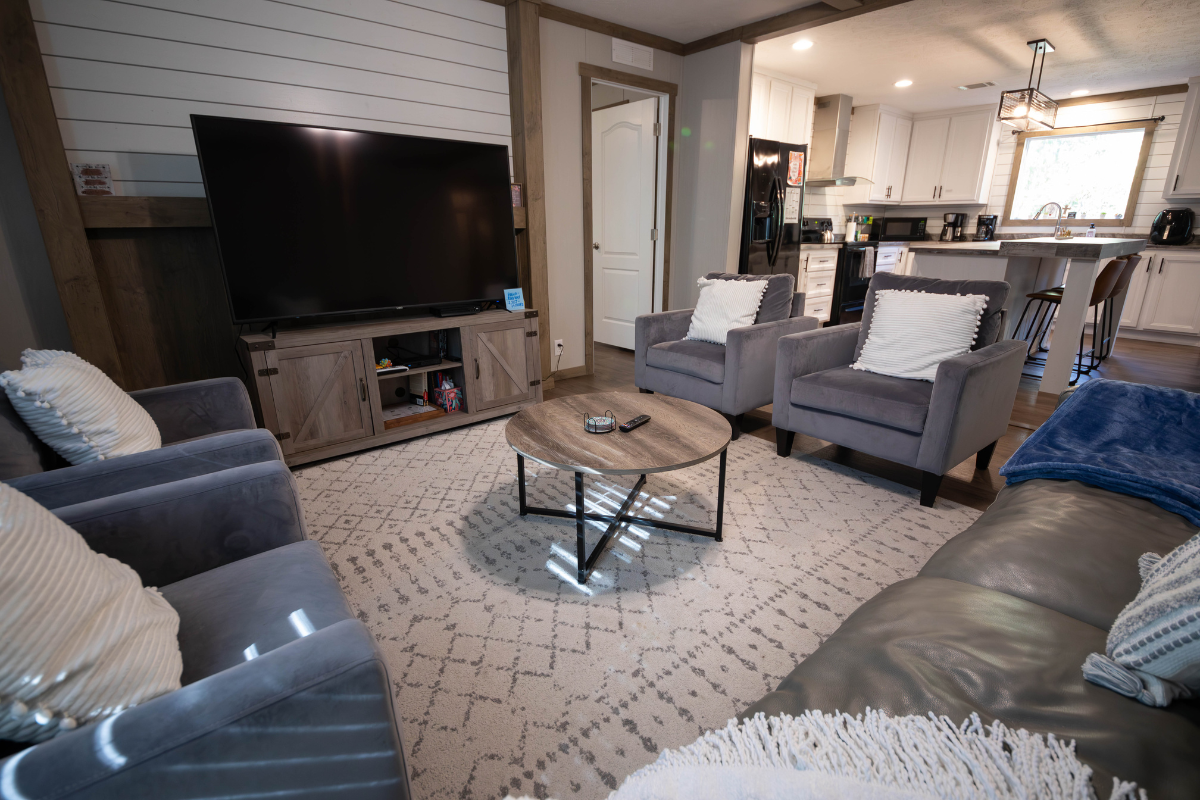
resources
Let's Be Honest
What's holding you back from seeking treatment?
Starting the journey to recovery isn’t always easy. Fear, shame, guilt, isolation, and denial often create barriers that make it difficult to reach out for help. However, acknowledging these struggles is not a sign of weakness — it’s a natural part of the healing process.
At Magnolia Creek, we provide a compassionate, judgment-free space where individuals and families can openly discuss their concerns, break the cycle of avoidance, and take the first step toward treatment. Recovery is possible — and you don’t have to face it alone.
Fear
Fear is one of the most significant barriers to seeking treatment for an eating disorder. The fear of change, vulnerability, or losing control can keep individuals stuck in harmful patterns. While stepping into the unknown is daunting, it’s a necessary part of the healing process.
Parents may also hesitate and be uncertain about making the right choice for their child. However, prioritizing treatment — even when it’s difficult — is essential, as the long-term effects of an eating disorder are far more damaging than the fear of taking that first step.
How does fear hold us back in the journey to eating disorder treatment?
How can parents overcome fear in helping their children get into treatment?
Guilt + shame
Guilt and shame are powerful barriers to seeking treatment for eating disorders, often making individuals feel unworthy or embarrassed. These emotions thrive in secrecy, preventing people from seeking help. Overcoming these feelings is crucial to healing.
By accepting support from loved ones — whether emotional or financial — individuals and families can begin to release these burdens. Doing so helps reclaim authenticity and breaks the grip of the eating disorder, making recovery possible.
What role does guilt play in keeping us from healing?
How can parents overcome guilt + shame when children need treatment?
Change
Living with an eating disorder may feel like a way to maintain control, but recovery requires embracing change — altering behaviors, thoughts, and even physical appearance. This daunting process challenges long-held beliefs and the disorder’s grip on the person.
Recovery involves making difficult choices, but it leads to a healthier, more fulfilling life. Choosing recovery means embracing change and, in doing so, breaking free from the eating disorder’s control.
Treatment and recovery require us to embrace change — and it can be hard at first.
Isolation
Eating disorders often thrive in isolation, using secrecy and shame to maintain control. Recovery, however, requires breaking free from isolation and connecting with others — something the disorder works hard to prevent.
While letting go of the false sense of safety in isolation can be overwhelming, embracing support is crucial for healing. Choosing recovery means stepping out of the darkness and into a community where genuine connection and lasting recovery are possible.
Eating disorders thrive in isolation, and isolation puts distance between you and recovery.
Denial
Denial is a significant barrier to seeking treatment for eating disorders. Often functioning as a defense mechanism, it helps individuals avoid facing the painful reality of their condition. This makes recognizing the need for help challenging, even when the signs are evident to others.
Overcoming denial is essential for recovery. It requires confronting the truth, no matter how uncomfortable, and accepting the need for support. Acknowledging the severity of the disorder is the first crucial step toward healing and reclaiming a healthier, more fulfilling life.
How can we overcome denial in the journey to eating disorder recovery?
It can be hard for parents to face the reality of a child’s illness.
Distance to home
Being close to home can create a false sense of security, making it harder to take the necessary steps toward recovery. Familiar surroundings may also give the eating disorder more control, increasing the risk of relapse.
While traveling for treatment may seem daunting, it provides a safer and more supportive environment for healing. With the proper support, individuals can overcome homesickness and stay focused on what matters most — recovery and well-being.
Being close to home can feel comforting, but it can also prevent us from seeking the best treatment for our needs.
Financial concerns
The cost of treatment can feel overwhelming, but recovery is a worthwhile investment in your future. If financial support from loved ones is available, accepting help can make a meaningful difference. Often, the eating disorder amplifies financial fears, making them seem insurmountable.
Admissions teams can help you explore financial options, so don’t let cost prevent you from seeking care. More resources are available than you might think — your health and well-being are worth it.
The financial cost of treatment can feel like one burden too many when you’re battling an eating disorder.
Time commitment
The time commitment for eating disorder treatment can feel overwhelming. Many fear stepping away from work, school, or family, believing it will disrupt their lives. However, avoiding treatment only allows the disorder to take more control. Recovery takes time, but it’s necessary for a healthier, more fulfilling future.
How does the time commitment required by treatment dissuade us from getting the help we need?
Renew your hope at Magnolia Creek.
Contact us today or complete our form to connect with an admissions specialist who will guide you to the right program. Healing is just a call away.
Your privacy is our priority. All communication is completely confidential.













































